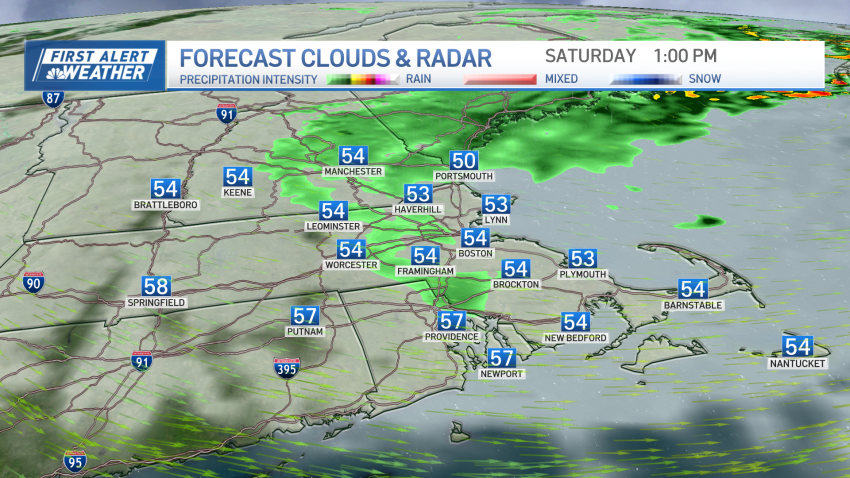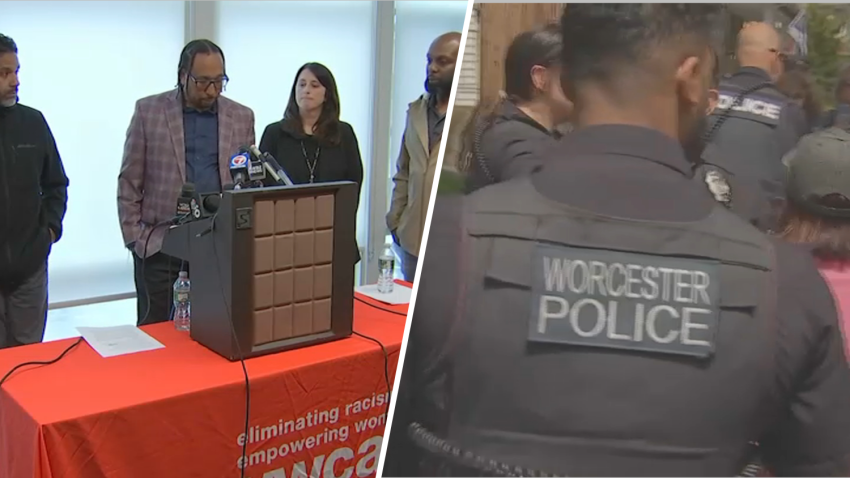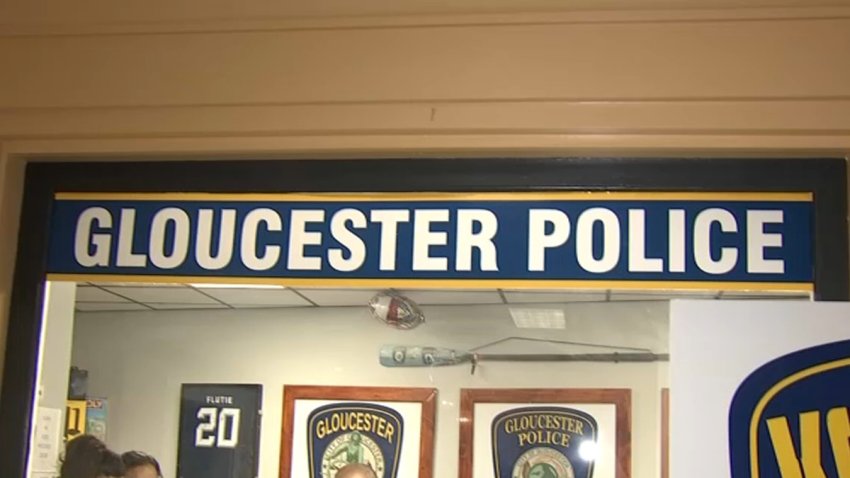
Live updates: Celtics, Knicks facing off in Game 3 at MSG
The Celtics hope to start digging out of their 2-0 series hole as they visit the Knicks for Game 3 of their East semifinals series. Follow our live blog for updates.

The Celtics hope to start digging out of their 2-0 series hole as they visit the Knicks for Game 3 of their East semifinals series. Follow our live blog for updates.

The wind dies down a bit today as we continue to see heavy rainfall. The low pressure center crosses over to the Gulf of Maine by afternoon and takes with it the heavy rain. The rain then breaks apart for a time between 2-4 p.m. from west to east. Some showers wrapping in behind the low in the evening....

Boston Celtics and New York Knicks square off in Game 3 Saturday at Madison Square Garden, with the Celtics – down 2-0 in the series – saying it’s a must win game.

Today’s rain will take its time crawling out of southern New England. The clouds may break for the late afternoon or evening, allowing us to reach near 60 for high temperatures.

Three teenagers were arrested by federal immigration agents after being taken into custody by police in Chelsea, Massachusetts, on Thursday, family members tell Telemundo Nueva Inglaterra, claiming local police were cooperating with ICE.

Questions are being raised after police in Worcester, Massachusetts, arrested a 16-year-old girl while her mother was being detained by federal immigration authorities

Augusta Clara, 21, says she’s traumatized after Worcester police arrested her 16-year-old sister and ICE detained her mother

Phil Perry opens the notebook and shares his biggest takeaways from the first day of Patriots rookie minicamp.


Craig Breslow and Alex Cora detailed conversations with Rafael Devers after the slugger blasted Breslow and the team for asking him to move to first base.

Patriots third-round pick Jared Wilson could get reps at all three interior offensive line positions in rookie minicamp.

Before becoming Pope Leo XIV, some of Robert Francis Prevost’s caused concern, according to a SNAP leader

The U.S. Attorney’s office in Massachusetts said 34-year-old Alexander Aiello of the Gloucester Police Department was arrested after a search of his devices

Some veteran Red Sox players are supposedly unhappy with Rafael Devers’ refusal to play first base and his public complaints about chief baseball officer Craig Breslow.